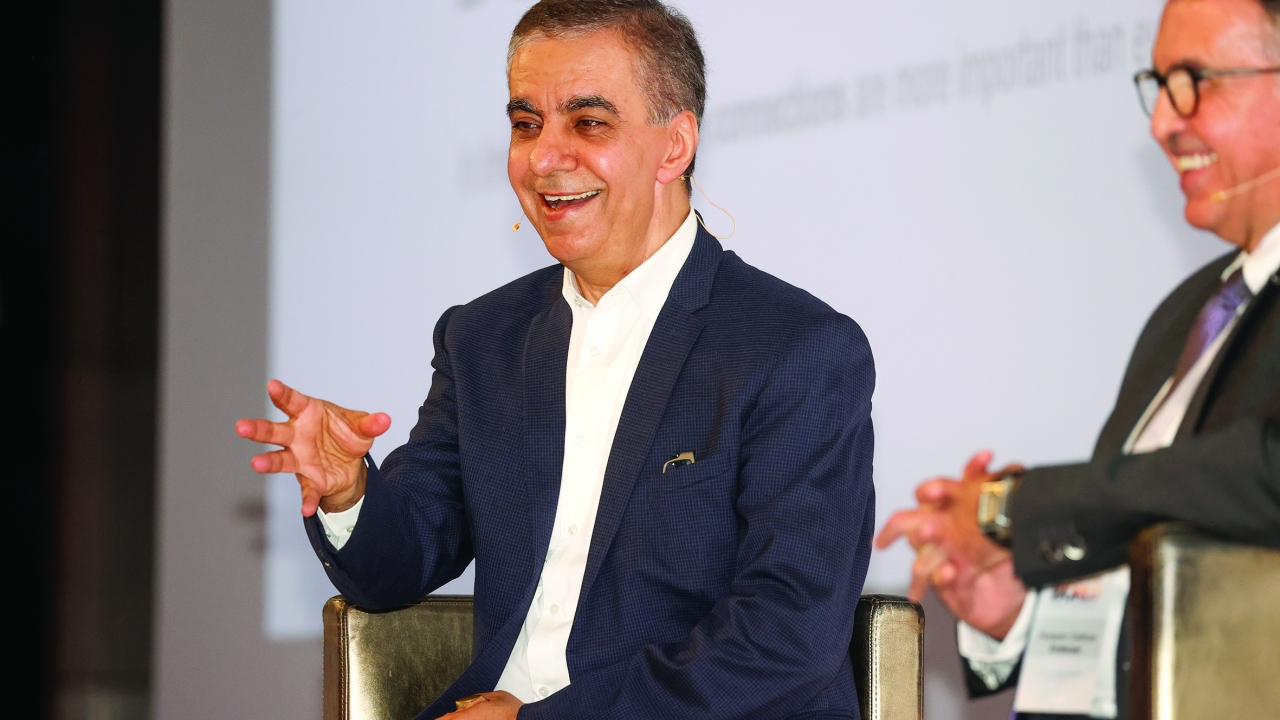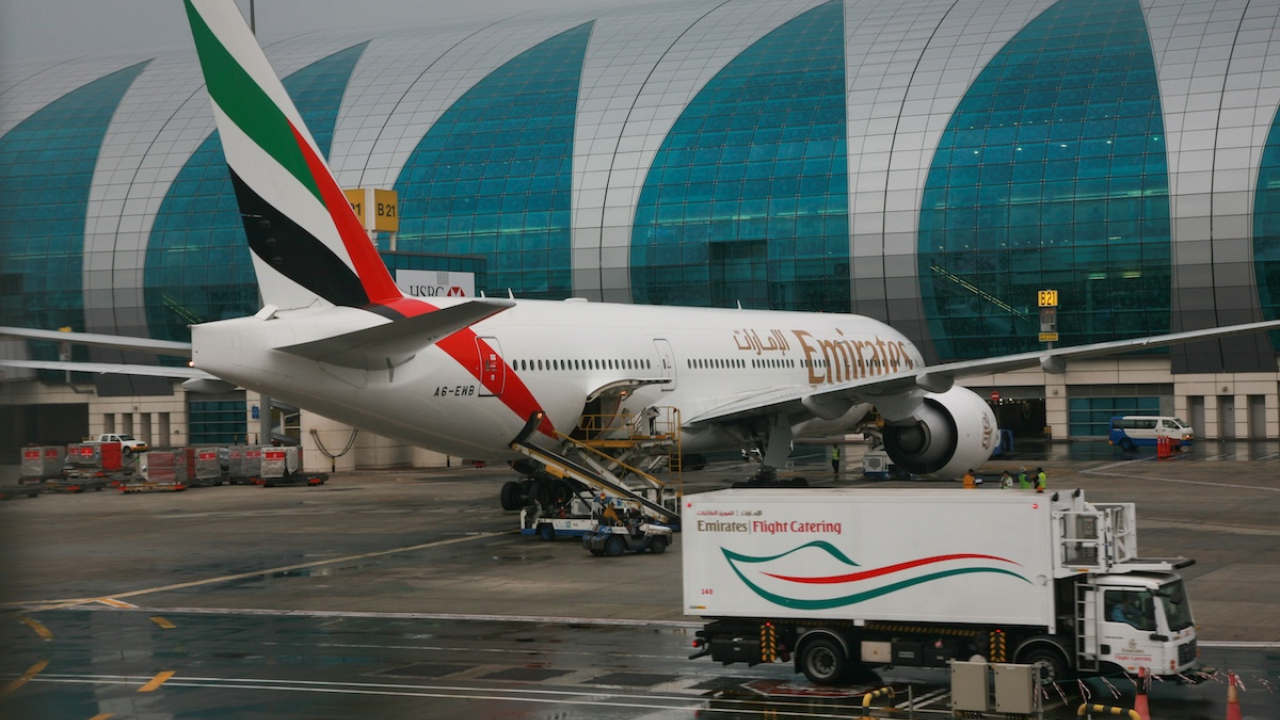Dubai Airshow: LCC boss hits out at government protectionism
Some governments in the MENA region still regard their national airlines as a government department rather than a commercial organisation.

Air Arabia CEO, Adel Ali.
More than two decades after the signing of the Damascus Agreement, which was supposed to create an ‘open skies’ system for Arab nations, many countries still restricted or closed their airspace to competitors, said Air Arabia CEO, Adel Ali.
Speaking at an Embraer airline symposium ‘For A Different World’ in Dubai, Ali said that those restrictions – often put in place to reduce competition to the national carrier – were counter-productive.
“Tell me which airlines that come from a close or restricted place are successful,” he said. The more that a country’s skies were closed, the more that a government stopped people from flying, the worse that nation’s airline was.
“And that government has to spend taxpayers’ money, that should be spent on schools or hospitals, on the airline. We have to ask: ‘Is this a commercial business or a government office?’ If it’s a commercial business, it should be competing on an even footing.”
When Air Arabia was set up 18 years ago, many people in the region regarded LCCs as a bad thing, he said. Remarkably today, despite the success of LCCs such as Air Arabia, Flyadeal and Flydubai, that attitude lingered in some quarters.
“Some people in the region still think that it’s a bad thing to make a profit. You’re supposed to offer a public service. Some of them are good businesspeople, but believe that if you make money as an airline, you’re over-charging, and not helping the community.”
Airlines could do both, he said.
“Twenty years ago, if you were a labourer, you were lucky to fly once every three years. If you were an ordinary person, you would likely fly once a year; a businessman, a bit more. Today, everyone travels as much as they can – holidays and long weekends. At the end of this month there’s a four-day holiday weekend in this country and forward bookings are fantastic. More seats and affordable travel will do that.”
As an added benefit, airlines could play a major part in a country’s economy. In Sharjah, for example, Air Arabia contributed 7% of the emirate’s GDP. “In a lot of countries, the whole aviation infrastructure doesn’t reach that,” concluded Ali.
Stay up to date
Subscribe to the free Times Aerospace newsletter and receive the latest content every week. We'll never share your email address.

